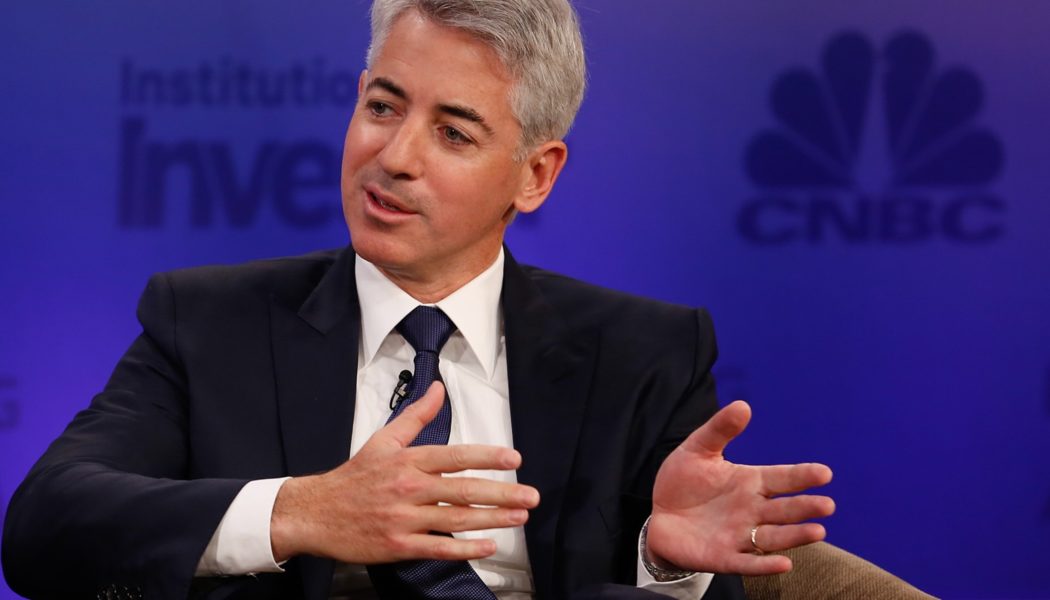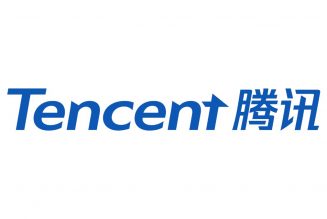
PSTH is sponsored by three investment funds managed by Pershing Square Capital Management, the storied New York-based hedge fund. PSTH has $5 billion available to invest in UMG through a $4 billion IPO on Sept. 11, 2020, on the New York Stock Exchange, at $20 a share and an additional $1 billion investment by Pershing Square. In addition, Pershing Square purchased $1 billion of units, each worth one share of Class A common stock and one-third of a redeemable warrant, at $20 per unit. It can buy an addition $2 billion of units in private placements.
The PSTH-UMG deal would be unusual because SPACs typically target companies that want to go public. The SPAC, nothing more than shell company, acquires the target in what’s called a reverse merger, thereby allowing the target to trade on a public market without going through the usual expensive, time-consuming process. In this case, Vivendi will spin off UMG on the Amsterdam Euronext exchange by Sept. 27, 2021, Vivendi revealed in May. For the spin off, Vivendi shareholders will get a fixed number of shares in UMG. PSTH would presumably get its equity in UMG through a private placement through Vivendi. Tencent Corp. owns 20% of UMG’s equity. Vivendi investors will get 60% of UMG shares in the spin off. Vivendi has the remaining 20% of equity and revealed in May it may sell 10% to a U.S. investor ahead of the spin off.
Ackman and Pershing Square should get a healthy payday, if the deal goes through. With PSTH, Pershing Square has warrants for 6.21% of the company, for which it paid $67.8 million, with a $24 strike price, meaning they would not be redeemable until the investors received a 20% return on their investment.
PSTH peaked at $34.10 per share on Feb. 16. It closed at $25.05 on Thursday and dropped 5.3% to $23.71 in after-hours trading. UMG accounting firms each estimated UMG’s valuation at €33 billion ($40 billion).
What’s more, Pershing Square will not exercise its warrants until three years after the deal closes, ensuring it will be a long-term shareholder in UMG or another target company if the deal falls through.
Four Pershing Square directors own a total of about 314,000 shares. Michael Ovitz, CAA co-founder and former president of The Walt Disney Company, owns 250,000 shares. Jacqueline Reses, former executive chairman of Square Financial Services, owns 50,000 shares. Michael Gonnella, Pershing Square Capital’s chief financial officer and Joseph Steinberg, chairman of Jeffries Financial Group, own 14,000 shares between them. PSTH’s largest institutional investors include Guggenheim Capital, The Baupost Group and Ontario Teacher’s Pension Plan Board. PSTH’s board of directors also includes Lisa Gersh, co-founder of Oxygen Media and former CEO of Martha Stewart Living Omnimedia.
While most SPAC investors have focused on finding the rare “unicorn” investment that can disrupt an industry and skyrocket in value, Ackman has promised to find what he calls a “mature unicorn,” meaning an undervalued legacy company with room for growth. In April he sold his 1% state in Starbucks to fund his SPAC ambitions and has been dropping hints about his intended target on earnings calls and during investor summits. After a rough year produced disappointing yields for SPACs, meanwhile, investors have been closely monitoring Ackman’s Tontine fund for signs of which company he would take public.
A Harvard MBA grad, Ackerman hails from Chappaqua, New York, and has spent much of his life in finance, turning his $54 million investment in his fund Pershing Square Capital into a personal fortune worth $3.3 billion thanks to early bets in companies like Chipotle and Wendy’s, as well as some more controversial bets. In 2013 he accused Herbalife of being a Ponzi scheme and announced a short position on the company’s share that initially drove the price down 20%, only to regain its value thanks to involvement from Ackman’s longtime nemesis Carl Icahn. Icahn’s investment in Herbalife, essentially the counter bet to Ackman’s short position, launched a battle that the Wall Street Journal called the “Hedge-Fund Equivalent of Stalingrad.”
“I’ve always had the view that how successful you are is really a function of how you deal with failure,” Ackman told Shane Parrish on his popular Knowledge podcast in April 2020. “If you deal with failure well and you persist, you have a high probability of being successful.”










